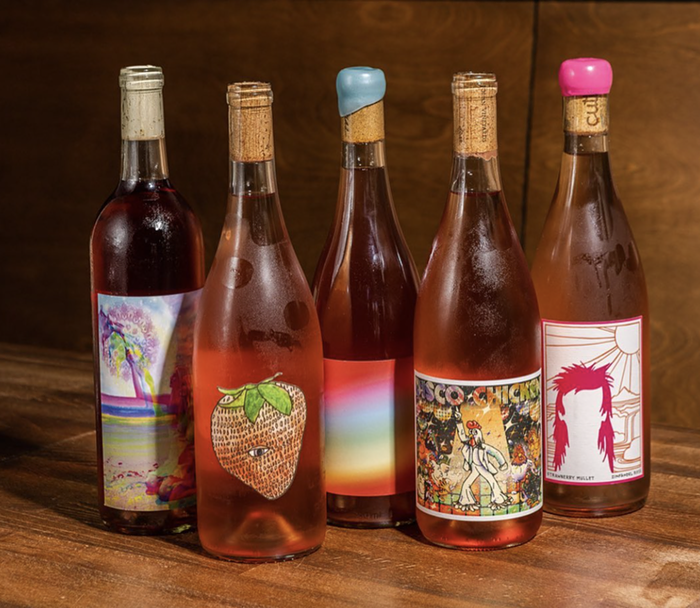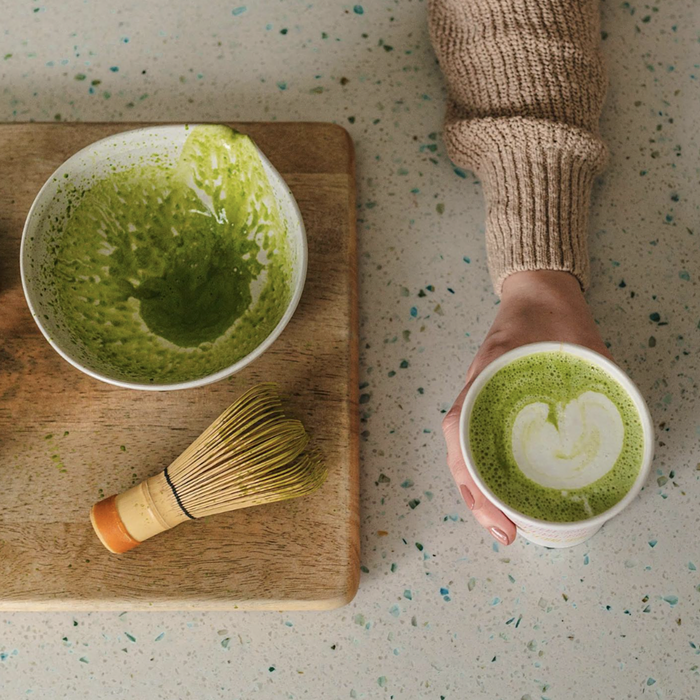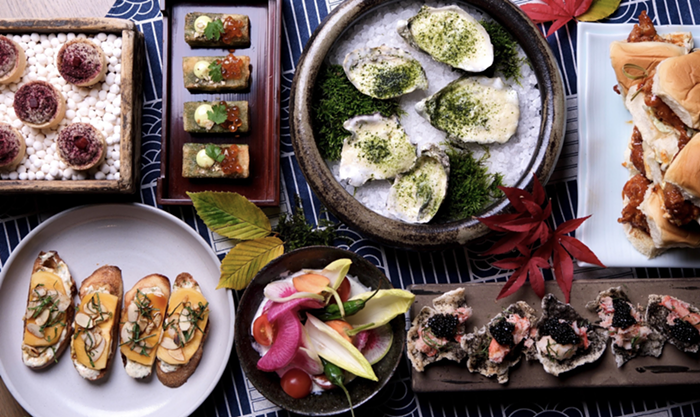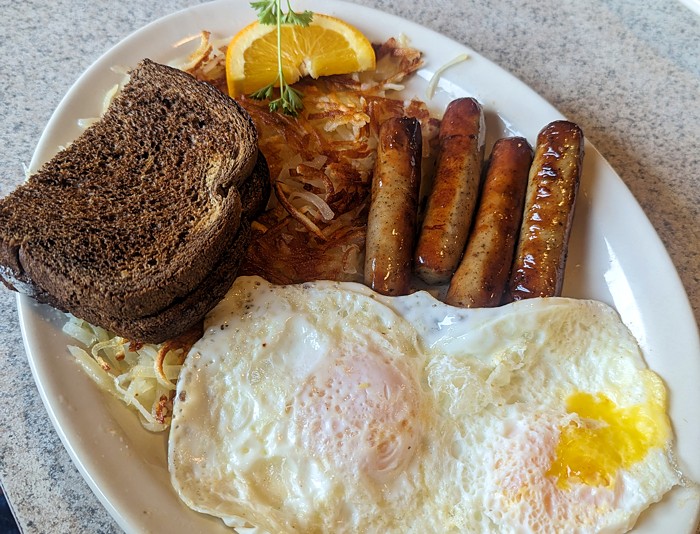The end of summer is sadly here. The sun is setting on the bay. The traffic on the streets outside the huge windows is light. The bar, Black Bottle, is simply filled with women. There are 19 of them, and two of us (the other man is the bartender). One table has six women, the rest have pairs, and one woman is at the bar. Is this downtown Seattle or the capital of Amazonia? The music pouring out of the speakers behind the bar is '90s triphop—a tune from Funki Porcini's Hed Phone Sex, Portishead's "Wandering Star," Kruder & Dorfmeister's "Original Bedroom Rockers." I order happy hour white wine, something ginny and red and exotic, a pretty plate of tacos, and a bowl of fried olives. My server's name is Misty. Her eyes remind me of someone I briefly met at a massive party in the renovated industrial district of Linz, Austria, in 1999. If I had not chanced to see Misty's eyes, I probably would never have recalled this person again in my life: Those eyes dislodged her from the dark depths of my past, and she rose to the bright surface of my attention. Another woman—shoes almost like slippers, white dress with elegant black patterns—enters and joins the only woman at the bar.
"Cities are becoming more female," writes Leo Hollis in his book Cities Are Good for You (which I review on page 39). "Almost everywhere in the world, the proportion of women to men is changing... The rise of women in the city is perhaps one of the least-discussed aspects of the urban future." For so long, we have coded the city as a dangerous place for women, a place that corrupts and abuses them. The story often told in movies and news reports: An innocent young woman moves to a big city, is seduced by some ruthless man, becomes experienced, and ends up a fallen streetwalker. But the real story of the city can be found in another page of Hollis's book: "Kavita Ramdas, head of the Global Fund for Women, noted in 2001: 'In the village, all there is for a woman is to obey her husband and relatives, pound millet and sing. If she moves to town, she can get a job, start a business..." The women in Black Bottle are clearly independent, not pushing or carrying burdensome babies, and enjoying a drink between work and home. The city is for women. ![]()




















